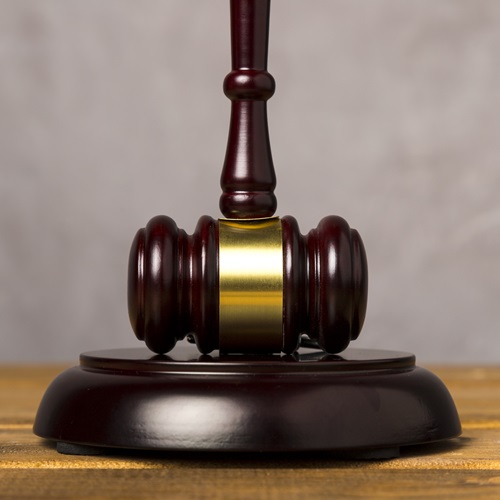Introduction
Reckless driving is one of the most serious traffic offenses in Virginia, and it carries severe consequences, including fines, points on your driving record, license suspension, and even jail time. However, the process of handling Virginia traffic court reckless driving raises an important question: who is responsible for overseeing and determining the outcomes of reckless driving cases? Understanding the roles and responsibilities of those involved in Virginia traffic court can provide clarity for individuals facing these charges.
The Role of the Driver
First and foremost, the driver accused of reckless driving plays a significant role in their case. Virginia defines reckless driving as a Class 1 misdemeanor, which includes behaviors such as driving 20 miles per hour or more over the speed limit, exceeding 85 miles per hour regardless of the posted speed limit, or driving in a manner that endangers life or property (VA Code § 46.2-852). Drivers are responsible for their actions on the road, and their behavior determines whether or not they are charged with reckless driving.
Failure to appear can result in additional charges, including a bench warrant for arrest. In court, drivers can represent themselves, but given the severity of the charge, many opt to hire an attorney to help navigate the legal process.
The Role of Law Enforcement
Law enforcement officials play an important role in discovering and punishing those with reckless driving. Virginia police officers are trained to recognize dangerous driving behaviors such as excessive speeding, tailgating, unsafe passing, and aggressive driving. They have the authority to stop drivers that they feel are breaking traffic laws.
When an officer charges a driver with reckless driving, they issue a summons or take the driver into custody, depending on the severity of the offense. The officer’s testimony is often a critical part of the case, as they will likely be called to testify in court about the circumstances that led to the charge. Their observations and radar or speed detection records serve as evidence in support of the charge.
Law enforcement officers are also responsible for ensuring that the accused driver is made aware of their court date and the charges they are facing. Their role is to uphold the law and provide an accurate account of the incident during the court proceedings.
The Role of the Commonwealth’s Attorney
In reckless driving cases, the Commonwealth’s Attorney or prosecutor represents the state of Virginia and is responsible for proving the charges against the defendant. The prosecutor reviews the evidence gathered by law enforcement, including the officer’s testimony, speed detection records, and any other relevant information.
It is important to note that while the prosecutor works to prove the case, they also have a responsibility to ensure that justice is served fairly. This means that if there is insufficient evidence to support the reckless driving charge, the prosecutor may choose to reduce the charge or dismiss it altogether.
The Role of the Defense Attorney
Drivers facing reckless driving charges in Virginia often choose to hire a defense attorney to represent them in court. The defense attorney's role is to protect the driver's rights and work toward the best possible outcome for their client. This could include contesting the evidence supplied by law police, questioning the accuracy of speed detecting technology, or negotiating a plea deal to lower charges or fines.
A defense attorney will also ensure that the driver understands the legal process, the potential consequences of a reckless driving conviction, and their options for defense. Experienced attorneys may be able to get charges reduced to a lesser offense, such as speeding, or in some cases, get the charges dismissed entirely.
Conclusion
In Virginia traffic court reckless driving, several parties are responsible for handling reckless driving cases, including the driver, law enforcement officers, the Commonwealth’s Attorney, defense attorneys. Each has a distinct role in the process, and understanding these responsibilities is key to navigating a reckless driving charge. Ultimately, the driver’s actions and the evidence presented in court will determine the outcome, making it crucial for those facing such charges to be well-prepared and seek legal guidance when necessary.





Comments